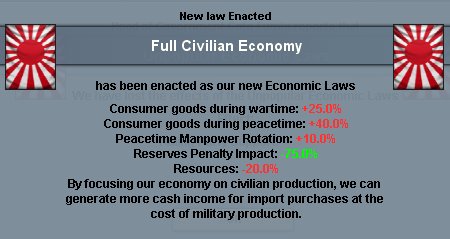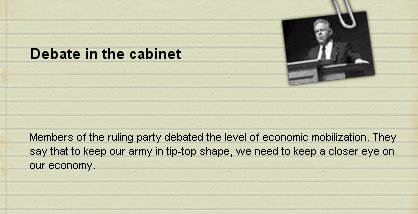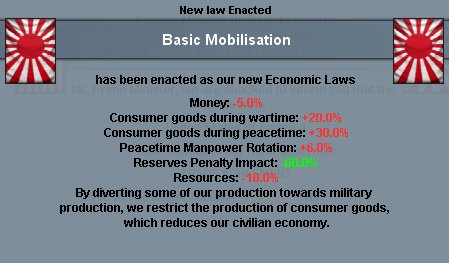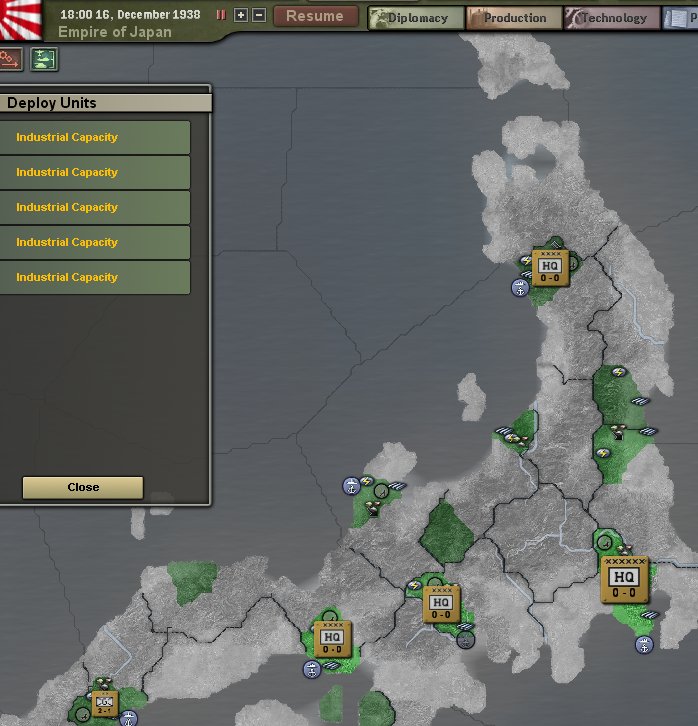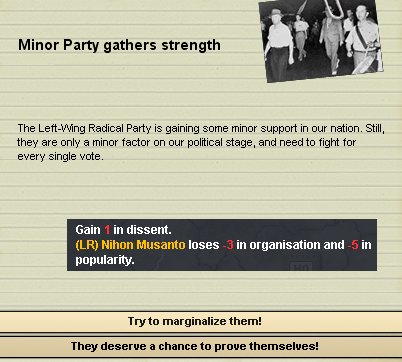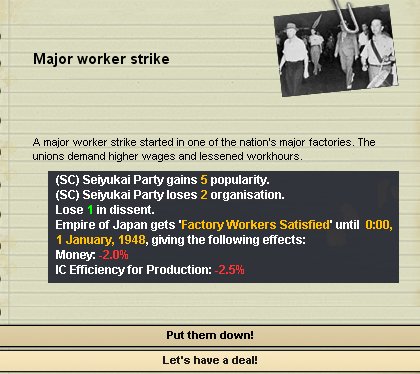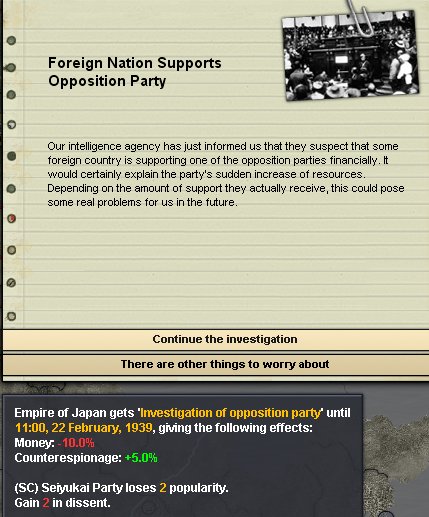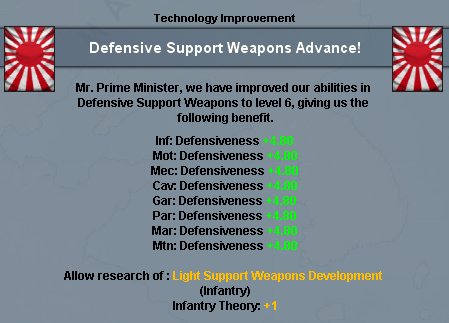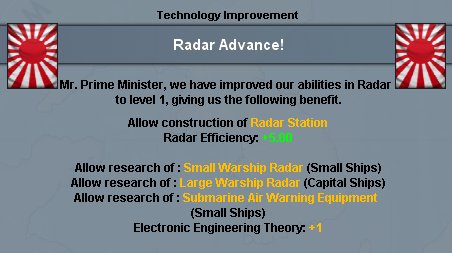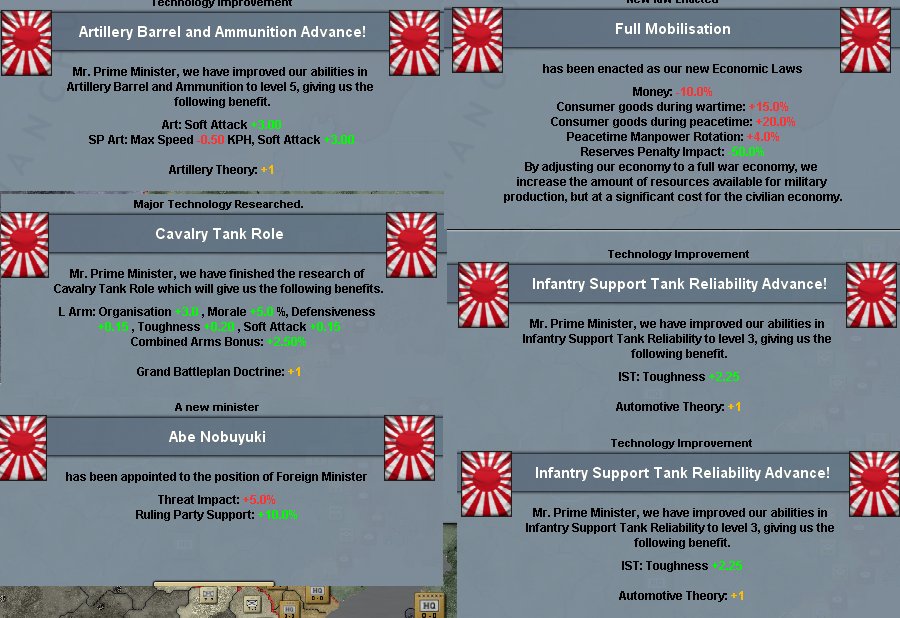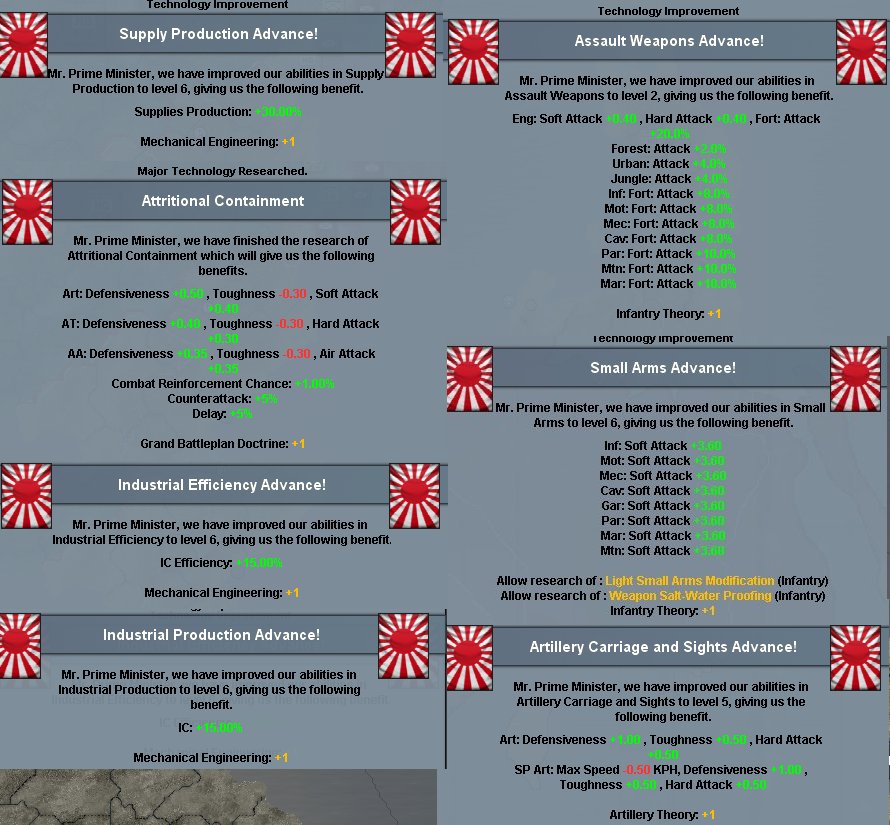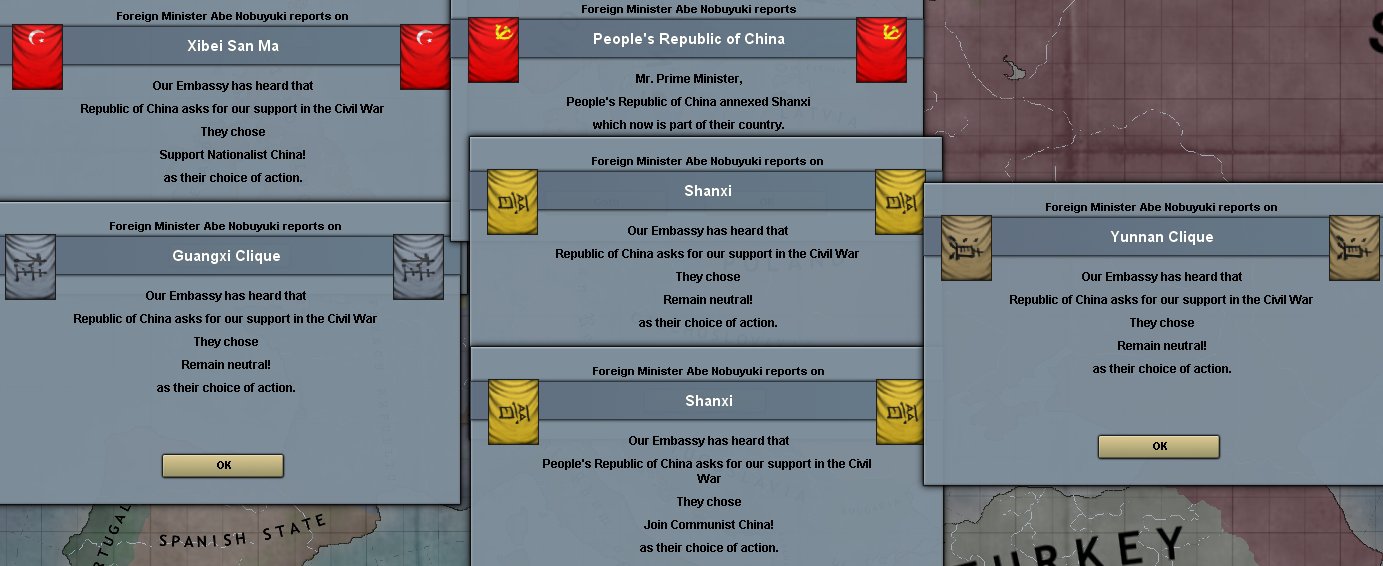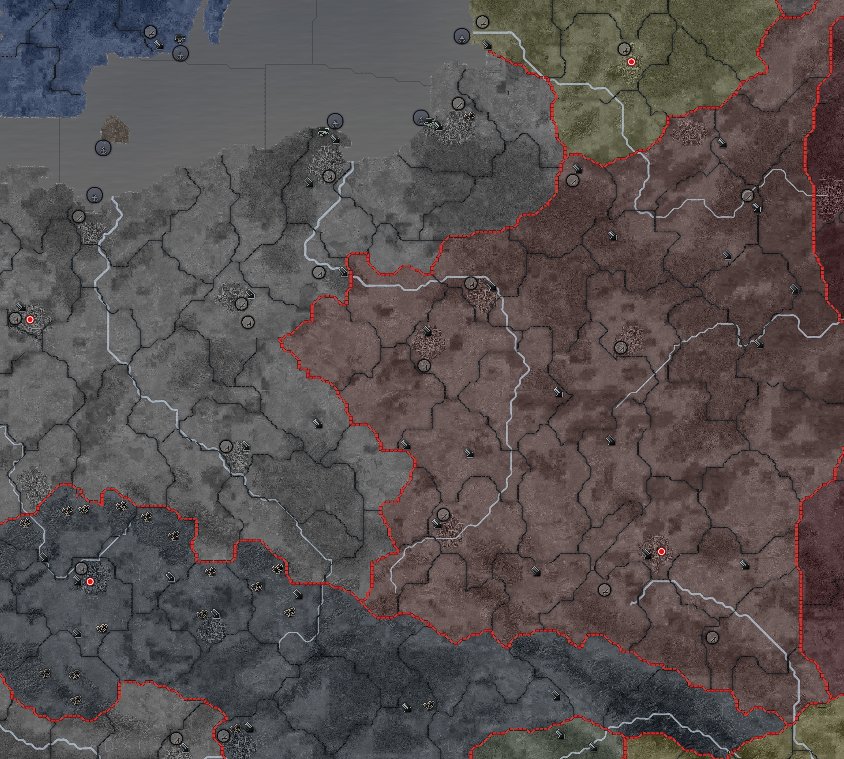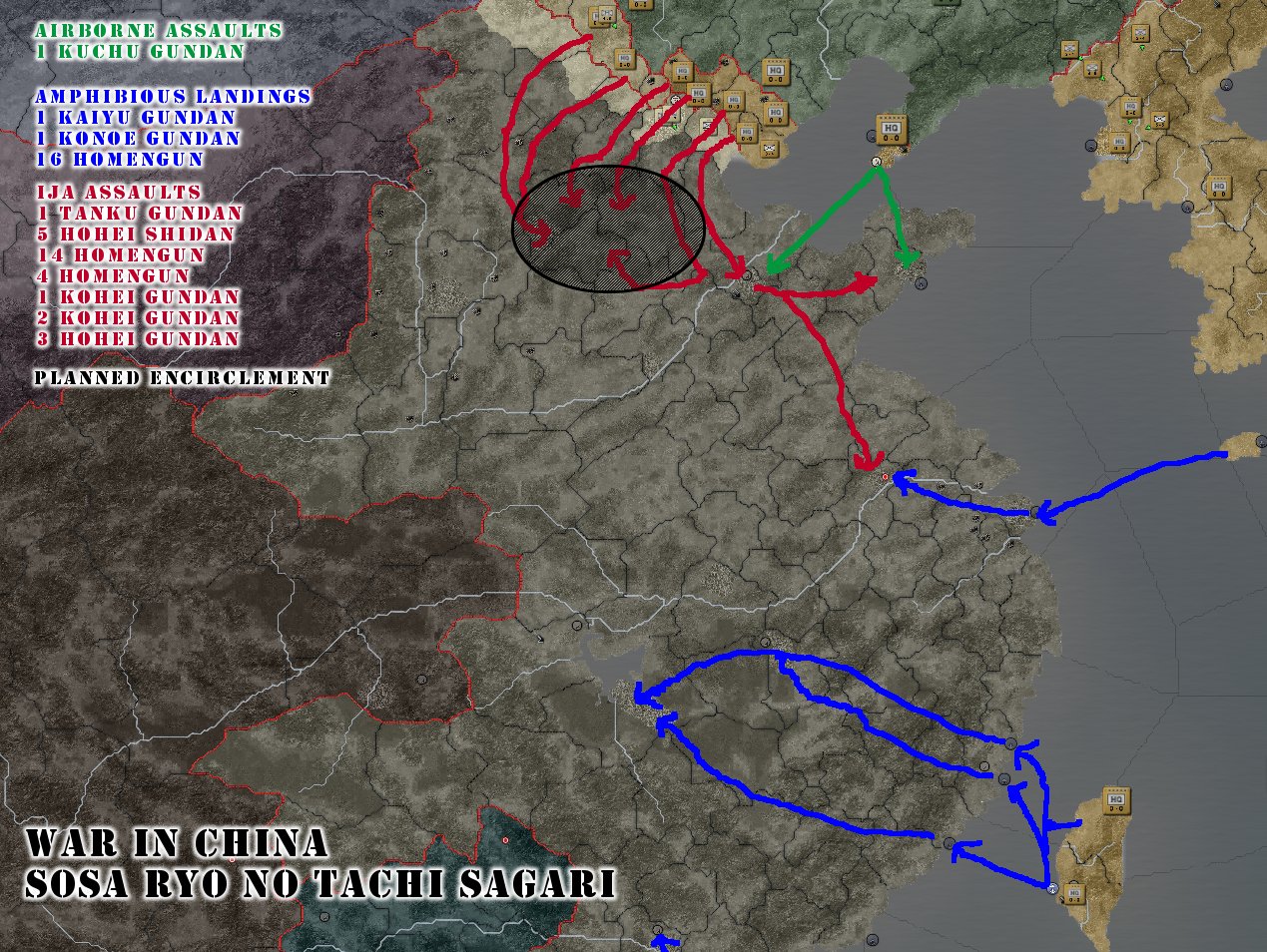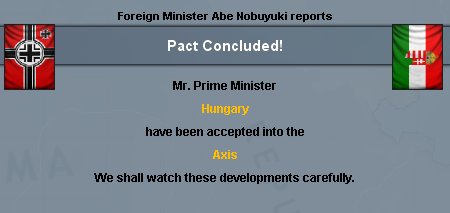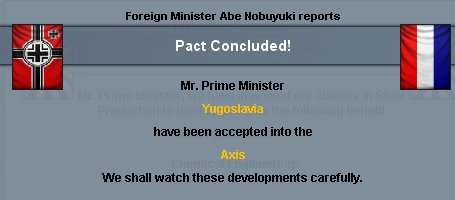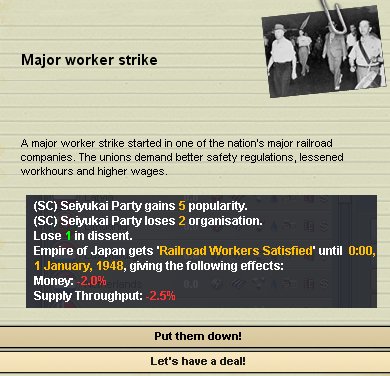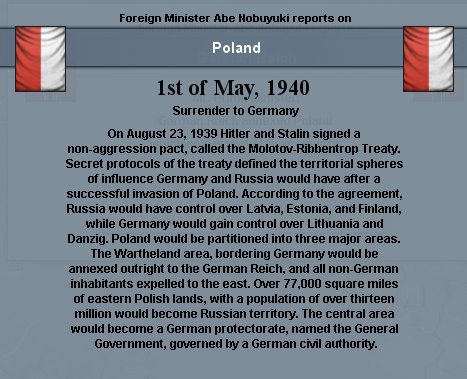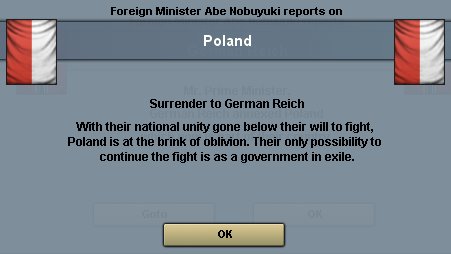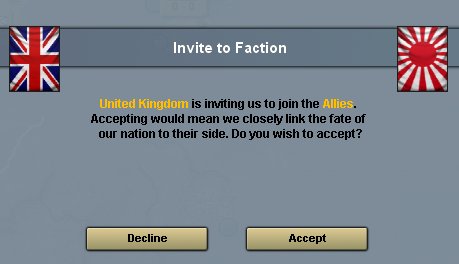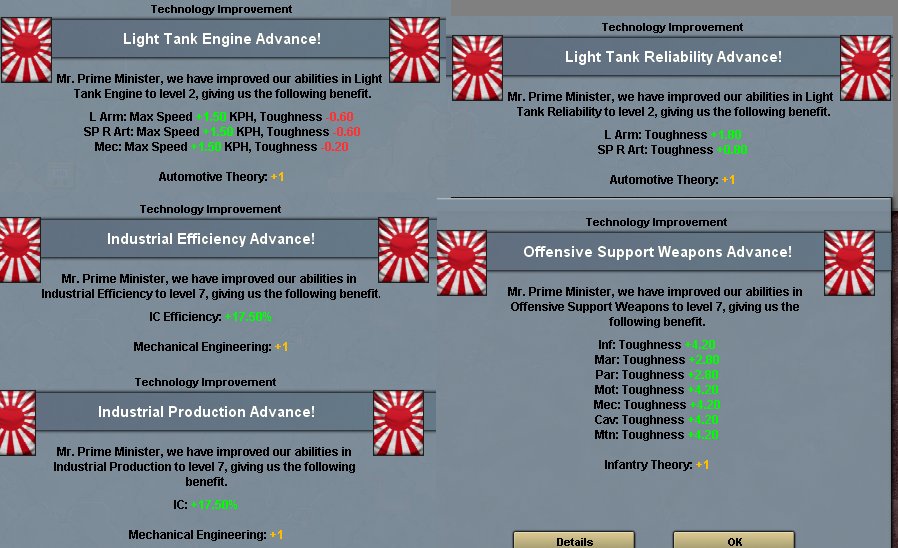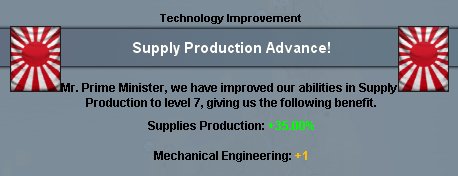Chapter 11
30th of April 1939
Takumi was worried as his ship arrived in Nagasaki.
There was only Misaki waiting for him.
It almost seemed like he did now have to fight a war at home instead of in Siberia. He hugged and kissed her, yet his mind was already at home, thinking of what problems might expect him there. Misaki recognized this, but said nothing.
He brought her to the house of her parents because he didn’t want her to see what might expect him at his mother’s.
Arriving at her house, he knocked the door and then inserted his key. He didn’t wait for anyone answering the door.
The small entrance room was empty. There were only pairs of shoes spread chaotically on the floor. Takumi sighed. At least they were at home.
Moving on into the living room, he found his father sitting on the couch, a beer in his hands and looking almost like a homeless drunkard. He didn’t see his mother and his sister in the room, though.
“YOU! What do you want here? This is my house!” his father greeted him loudly.
“It isn’t. I bought it even before the divorce so that mother could continue living here without being depending on you.” Takumi answered calmly.
“I bought this house years ago to offer you, your sister and your mother a decent life after the bankruptcy of the factory! How dare you talking to me like this! Without me, you would be nothing. It was me who paid your education, me, who brought you up! You owe me.” his father continued to scream. He got up from the couch and stood before his son.
He was fifty years old and about an inch smaller than Takumi, but his fat belly made up for the lack of length.
“You have freed me of any debt towards you as you started drinking and beating your wife and daughter. I’ll tolerate no more of this. We hoped you had disappeared out of our lives, just like we had banished some evil demon. So why don’t you just leave us alone, you drunkard?”
Takumi had banned all feelings one might consider as love for his father long ago. He meant what he said, because the man he considered to be his father had died in the very moment he started to drink.
Of course, this attitude was more than harsh, but he had made his peace with it.
“Don’t talk to me like this! You have to show me respect!”
“Stop it or I’ll show you the door.”
“Do you really think you can throw me out? You don’t have the balls to do this. You’re a soldier. You’re but a brainless machine made for killing.”
That was enough.
Takumi used his skills in close combat and knocked the man out in almost no time. Then he had the police come over. He wanted to settle this matter once and for all.
Until the police arrived, he was talking to his mother to tell her about her intentions and she just looked to the ground, ashamed it had to come to this and also trying to cover her bruises.
What followed during the next months was a pro-longed stay at home for Takumi because the army granted him a longer leave due to the process against his father. During this time, he was reassigned to the city-garrison of Nagasaki and did part-time office work there.
The work was boring and, for the first time in his life, he longed to be back in Siberia with his men.
In the end, Takumi’s father was to serve a sentence of two weeks because of assault, vandalism and unlawful entry.
Takumi sold the house and, together with his mother and sister, bought a new one in another part of the city. This brought some distance between him and Misaki, but that wouldn’t keep them from seeing each other.
As he returned to the army in August, he was once more stunned by the changes that had occurred.
New technologies had been introduced as well as new units.
The IJA welcomed its first light tank division.
Four of them were planned and they should help the army in creating encirclements fast so that the enemy could be overwhelmed.
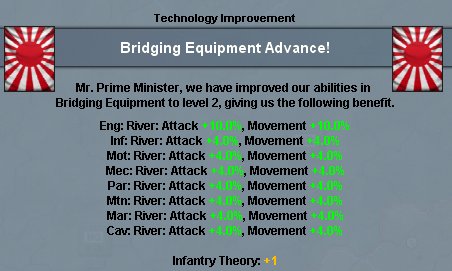
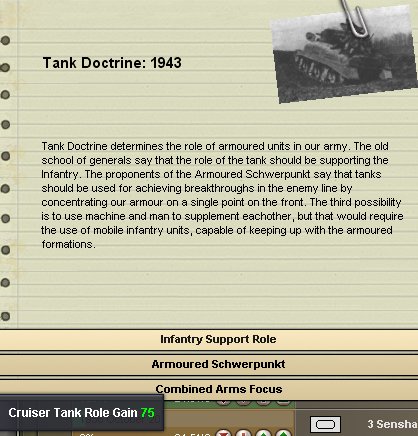
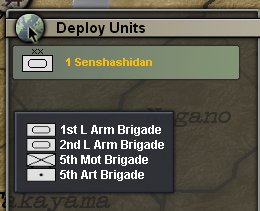
-----
21st of August 1939
Haruji and his wife were on the marketplace, buying vegetables and some meat for dinner.
He enjoyed the single week of summer-holidays very much. Recently, the heat had become unbearable in the factories and not even the rain that was brought to Tokyo by some weak offshoots of the monsoon brought any cooling.
But, in his holidays, he had come to enjoy the heat while spending time at the beach with his family.
The nearby harbor did always provide a stunning view once the fleet moved out to the sea for a maneuver-training.
This also provided a certain feeling of safety, because the population was shown that the IJN and IJA were trained for the case of a war.
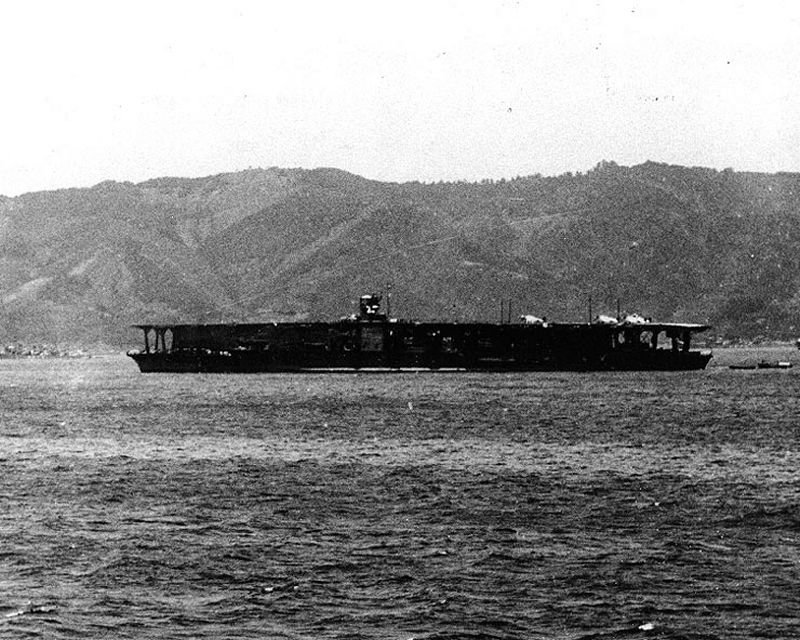 The carrier IJN Akagi is leaving the bay of Tokyo for a maneuver in the open sea in August ‘39.
The carrier IJN Akagi is leaving the bay of Tokyo for a maneuver in the open sea in August ‘39.
All of a sudden, the loudspeakers on the marketplace gave static sounds and then someone started to speak, ending the buzz on the marketplace and replacing it with silence.
This was odd, because now wasn’t the time for news.
Haruji immediately thought this could mean nothing good.
“Ladies and gentlemen, may I ask for your attention! Since 13 o’ clock of this day, the Empire of Japan is in a state of war with the Soviet Union. Once more, the Red army has contested the borders of Manchukuo and made some advances in the north. Manchukuo has now called for our aid, and the parliament as well as the Emperor have agreed on answering this call.
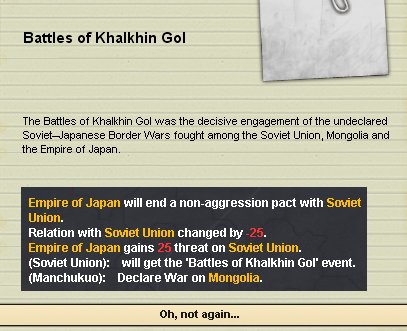
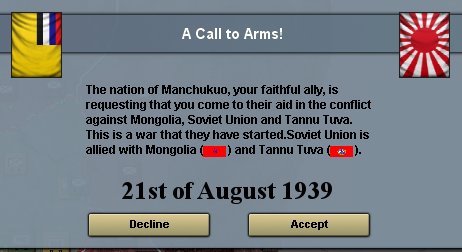
Because of the Soviet advances so far and the threat they are posing to the Imperial province of Korea, it was also decided to call in all reserves in our country.
Every conscripted man in the country is to report to the closest garrison as soon as possible.

Considering the numerical advantage of the Red Army as well as the high amount of light tanks in their ranks, our economy has to keep up with this.
Therefore, workers are to return to work tomorrow if they are o holiday. They will be granted another week of holiday after this conflict is over.

Thank you for your attention.”
And suddenly, the marketplace became busy again.
People were talking about what was to come and whether the conflict would escalate into a full-scale war this time. Haruji decided not to let those events bother him until the next morning and continued shopping.
-----
28th of August 1938
The Empire was now into the war for a whole week.
The radio, the newspapers and even the TV, if one possessed such a device, was full of it.
Despite the Soviets outnumbering the IJA, the Japanese were making some advances.
Japanese tanks were pushing into Mongolia fast and overwhelmed the defenders. Their advance was supported by those cavalry forces that had made the same assault during the Changkufeng Indicent.
Generally, the military seemed to use exactly the same tactics, though the advances were now a fair lot slower.
On the front-page of the newspaper, there was a huge image of a sinking Russian battleship.
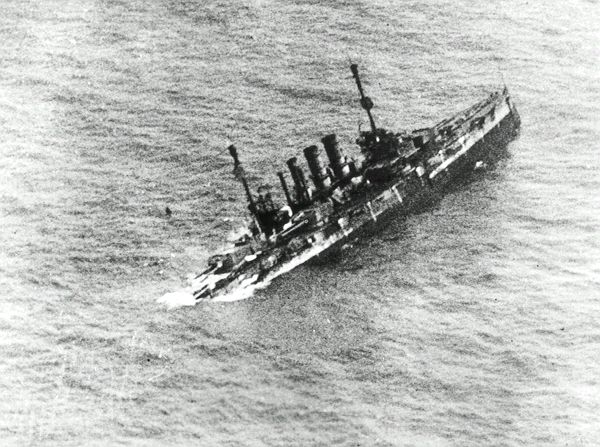
The article belonging to it told of a huge naval battle that was fought by 4th Kantai against the outdated Russian Pacific Fleet.
Carrier air groups and naval bombers of the airforce were attacking the port almost since the beginning of Japanese involvement, damaging the Russian ships heavily. As the army neared Vladivostock, the Soviets decided they didn’t want to lose all their ships and did therefore try to break out, which lead to nothing but a disaster.
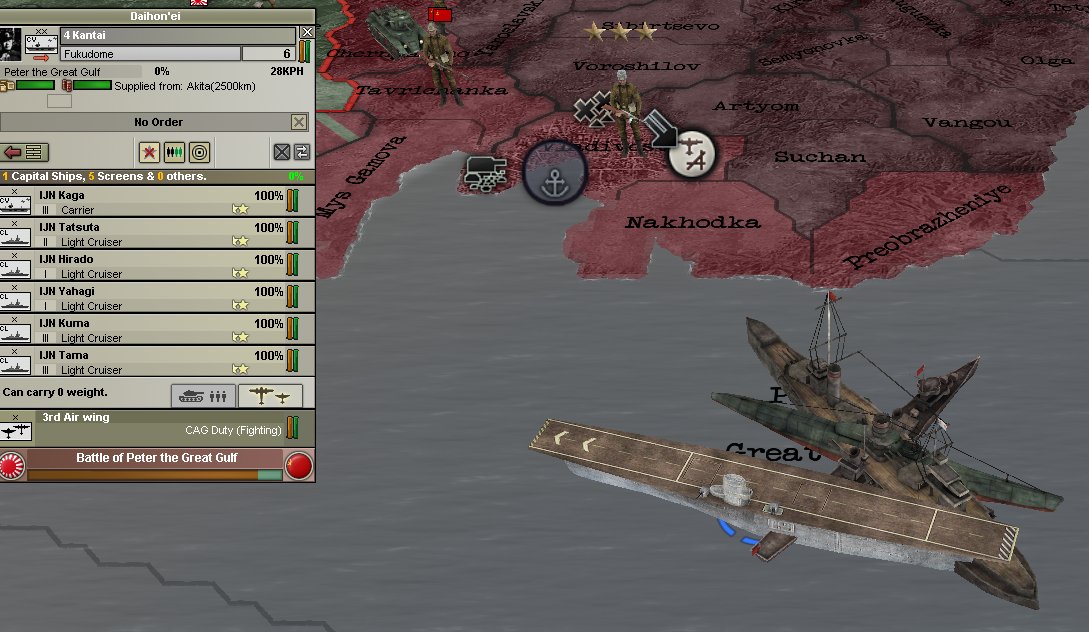
Haruji rejoiced at this. Not only had the IJN inflicted heavy damage on the Russian fleet, this did also mean that the chance of a Russian landing on Honshu shrunk down to almost zero.
To celebrate the day of this devastating victory, the workers were given an earlier leave, although the state of war still demanded hard work from the factory workers.
Apart from this, the war was without any major climax or decisive battle.
Still, the IJA managed to see the conflict finished in late September, returning to status quo once more and establishing a treaty with the Russians in which both parties recognized each other’s borders.
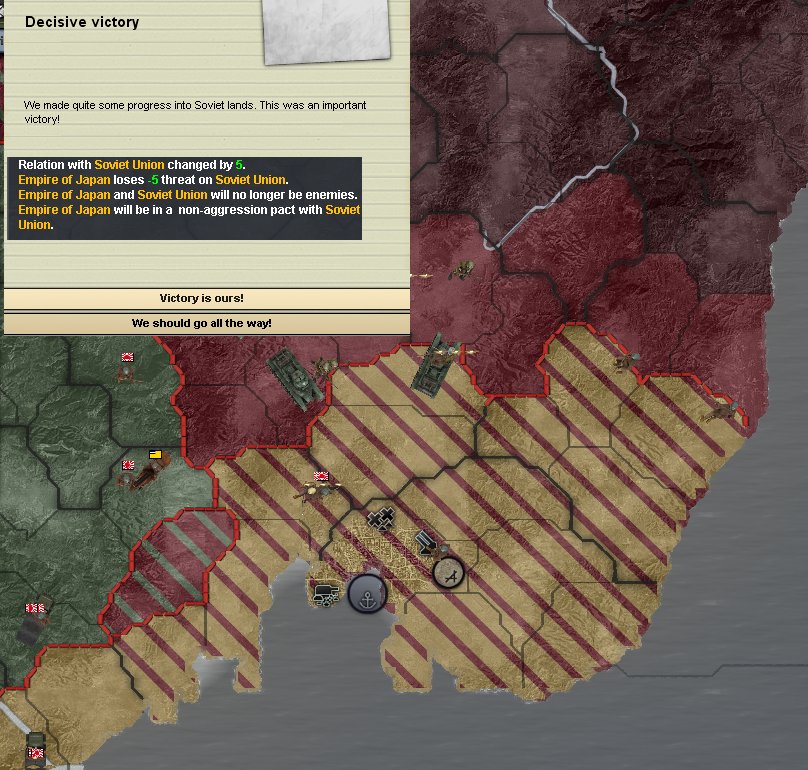
-----
30th of October
Dear Takumi,
I hope you got out of the war without being hurt. I have to ask, because the army would only inform us if you were missing or killed.
Mother and I have finished furnishing the new house.
Also, I have recently met a man who could be the man, but I’ll have to see how this develops.
Misaki is well and she is frequently coming over to our place and doing a conversation with her is exactly what I want to do on the weekends.
You have a nice woman there, don’t mess it up.
As you will be returning home during the next few days, I decided to tell you about the current situation here. I don’t know how much they tell you over here, but still I think you need to know.
At the moment, it’s almost like civil war here. There are radical parties marching up and down the streets, blaming the government to be unjust and disrespectful towards its people.
All this has started about a month ago with a the uncovering of a parliamentary scandal by a large newspaper.
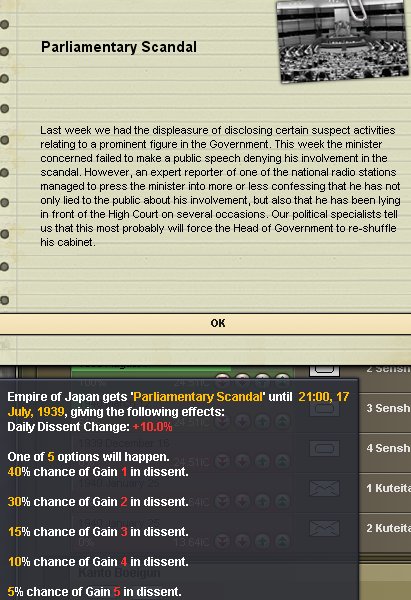
Afterwards, more and more radical parties found their voices heard and gained power.
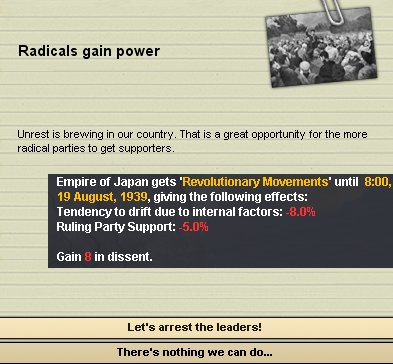

Luckily, there will be elections soon, so that we can hopefully see all those issues being solved by the introduction of a new government.
Regards,
Kyoko
-----
2nd of November 1939
Takumi and some men from the local garrison were out in the fields north of Tokyo.
Three days ago, after an assassination attempt against a leader of an opposition party, the tension had erupted into open riot.
He had barely left the vessel that brought him home as an IJA official was already rushing towards him, giving him new orders.
And now he was here. He hadn’t even seen his love or his family so far.
But protection of the state belonged to his tasks and thus he obeyed.
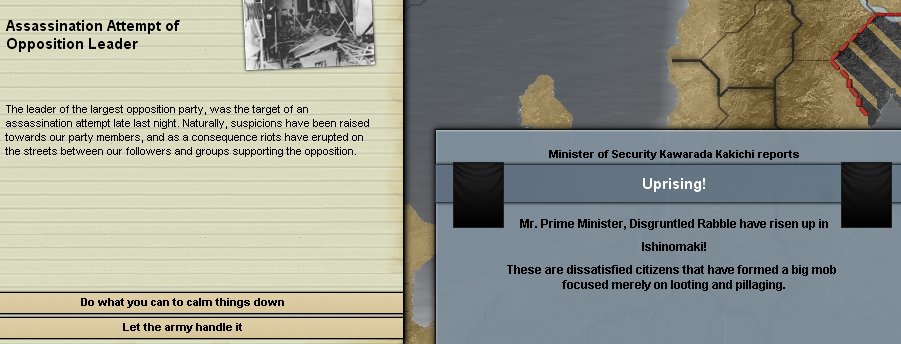
The insurgents were led by several nobles, as was soon known to the government.
Therefore, a right-winged coup-attempt was likely.
It was early morning when Takumi ordered the last assault in a conflict that lasted about three days now.
He had the militia surround the camp during the night and now, with the first sunlight of the day, mortars started to fire their grenades into the camp while light bombers destroyed those few heavy weapons they had.
The bombardment lasted for about an hour, then Takumi ordered his men to start a final assault.
He joined them in the attack and it was easy for them to overwhelm the scattered rebel forces.
They had no casualties, only a few wounded and they ran about 30 insurgents together in the middle of the camp, taking them prisoners.
The men had done great work, especially considering their low level of training and their equipment.
“Hey, you there! Yeah, I’m talking to you! Takumi!” someone screamed from the bunch of prisoners.
“Kaito?” Takumi asked, stunned by finding his old friend amidst a bunch of prisoners.
“So you’re still cooperating with those filthy democrats?” he asked, thus confirming his identity.
“Yes, and I do still think that democracy is the best for this country. You can tell your opinion to the judge once you see him.” Takumi tried to end the conversation.
“You know as much as I do that the judges are still mostly in favor of the old elites, especially since many of themselves are nobles. So do you seriously expect anyone of us will receive a fitting punishment? Just look at what they did with Hitler in Germany after he tried to make a coup! The situation here is no different. We live in an instable democracy which still has too many parts of the state under control of royalist workers. Face it! Democracy has no chance in this country, not with us remaining alive.” Kaito argued.
After this statement, Takumi finally turned towards him.
“I don’t think so. But maybe it would be better if all of you would just have to perish, in order to set an example.”
And the idea did actually appeal to him. They were prisoners, but also guilty of treason, and in an autocracy, they would be shot for this immediately. But he didn’t want to have the blood of 30 unarmed prisoners on his hands, no matter what impression he had of them.
“Sir, High Command is on the radio! They congratulate us on our victory and want to speak to you ASAP.” a private interrupted the conversation.
“So, now you’re getting your reward or what?” Kaito exclaimed while Takumi answered the radio.
“Congratulations on the victory! You and your men will guard the prisoners until a military police unit arrives. They will take care of your prisoners. As soon as you report back to the barracks in Tokyo, you can enjoy your holiday. The days you lost because of those unfortunate events will be given to you as additional holidays in the next year. Over.” High Command ordered.
About an hour later, the MP unit arrived and Takumi’s unit started to march back to the barracks.
As they were about an hour off the former insurgent camp, they heard several shots, and then silence.
Takumi never saw Kaito again.
You don't have an answer -- it's just odd. Are they sending supplies by sea from Arkhangelsk, or something? I suppose over long distances the sea route might be more efficient than the land route. This is true in real life, even, but I'm not used to the game understanding this.


